Google is such a huge search engine, that the very act of searching for something on the net is often referred to as “googling” something. Yet, Google has become a service that not everyone likes for reasons of privacy and, in some cases, even accuracy.
With AI summaries that can be very wrong, search results that don’t always seem to be in your best interest, and the prospect of being tracked for advertising, it’s understandable to be hesitant. So if you no longer think Google is copacetic, here are some alternative sites that might suit your desire to protect your privacy.
6
DuckDuckGo
DuckDuckGo is quite possibly the most famous privacy-focused search engine, and happens to be the one I use when my internet rabbit hole searches take me to places I’d rather advertisers not know about.

Related
First-Party vs. Third-Party Cookies: What’s the Difference?
No, you can’t eat these cookies.
This is an American search engine founded in 2008, starting as a small startup with a refreshing stance on privacy. DuckDuckGo has a strict no-tracking policy. According to its privacy policy, the company does not collect or share any personal information about you. So, no search queries, it does not store IP addresses with searches, and it does not use cookies to identify you. In fact, DuckDuckGo avoids all uniquely identifying markers; it retains only aggregate data without any way to tie searches back to you.
The only real downside is that DuckDuckGo gets its search results from Bing, acting as a sort of privacy filter for Microsoft’s search index. So it’s not a completely independent outfit. It’s also worth noting that this engine is, of course, subject to US privacy laws. Some people prefer to use search engines based in countries with stricter or more favorable privacy laws, so knowing where an engine is based is important information.

Related
Stop Relying on Just Incognito Mode for Privacy
It doesn’t make you anonymous, and won’t stop you from being tracked.
5
Startpage
Startpage is a Netherlands-based search engine that has been a pioneer in privacy-centric search. Its roots go back to a service called Ixquick, launched in 1998, which later merged into Startpage. The Startpage we know today was introduced around 2006 as one of the first search engines to champion user privacy.
Like DuckDuckGo, Startpage isn’t an independent search engine, but acts as a privacy intermediary between you and another search engine. In this case, however, that engine is Google. Since Startpage is based in the EU, it’s subject to strict GDPR laws and regulations.
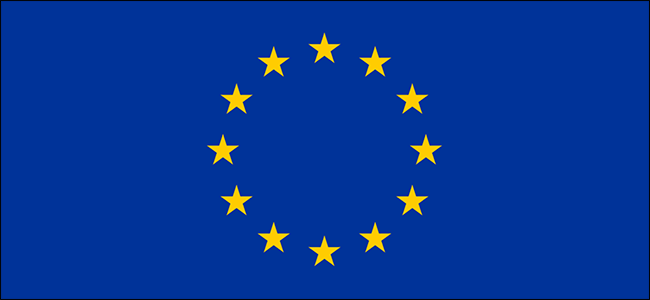
Related
What is the GDPR Privacy Law and Why Should You Care?
The General Data Protection Regulation (GDPR) is a new European Union law that takes effect today, and it’s the reason you’ve been receiving non-stop emails and notices about privacy policy updates.
This means it offers an interesting mix of Google-quality search results, but strong personal privacy. So, really, the key downsides are that dependency on Google, and the potential for biased results. From a privacy perspective, however, it’s good news so far.
4
Brave Search
Brave search is one of the newer entrants in the private search market, being launched in 2021 by Brave Software. The same company behind Brave Browser.
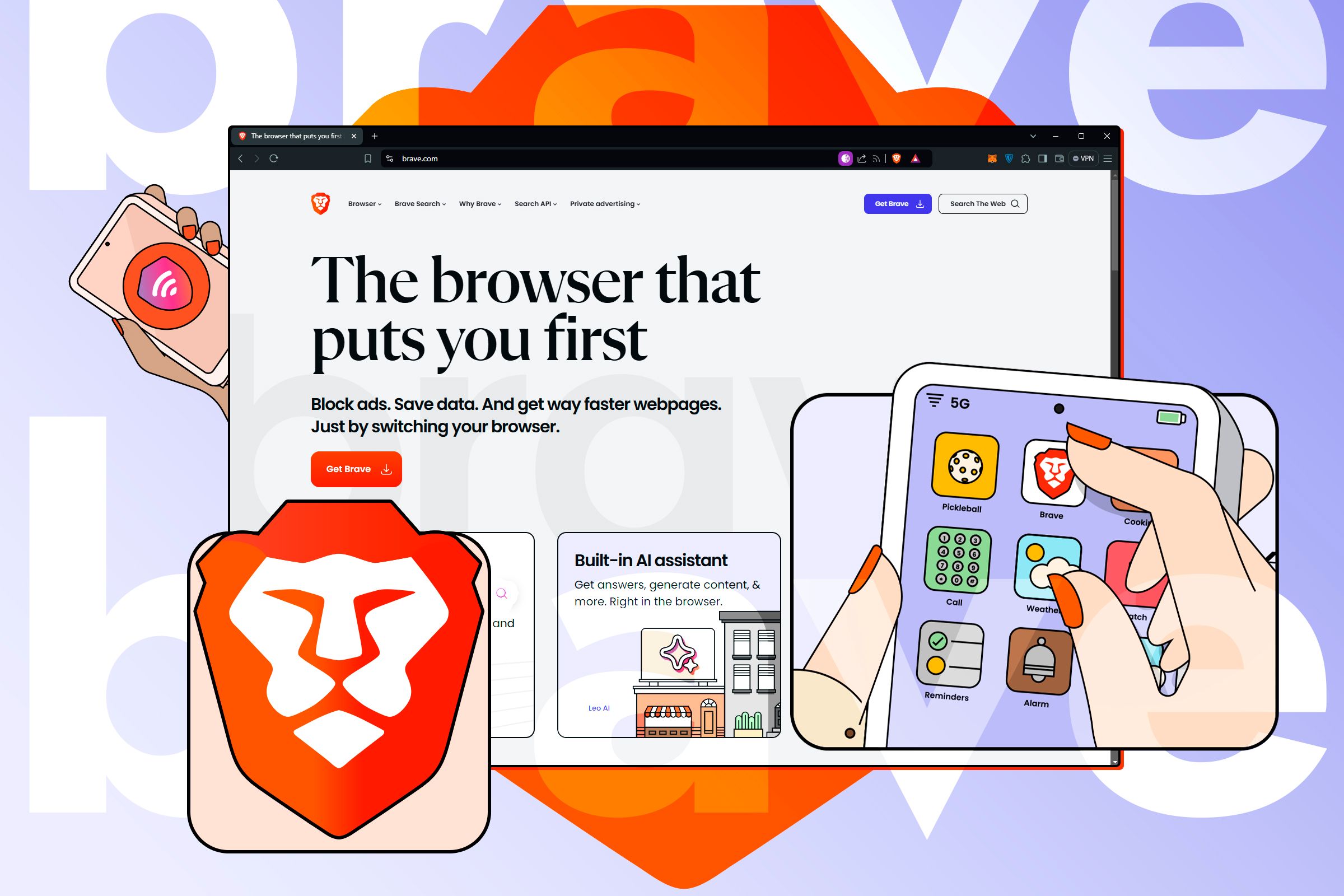
Related
Why I’m a Big Fan of the Brave Browser
A feature-rich browser!
Unlike DuckDuckGo and StartPage, Brave Search is actually a fully-independent search engine that does its own web crawling and indexing. It shows the same results to everyone, and is pretty much the closest thing to a neutral search engine in that regard. You can, however, use Goggles to effectively create your own search ranking biases in the form of a search filter.
While this sounds great, there are some obvious downsides. For one thing, Brave’s search index is still new, and its algorithms may not be good at finding the information you need online compared to the likes of Google. There’s also the issue where Brave Search has to become sustainable, which means introducing advertising. Any search engine that displays ads without knowing anything about you will only show ads that are crudely related to your search terms. So seeing ads you don’t like is one of the costs of privacy.
3
Mojeek
Mojeek is based in the UK, and it’s not the biggest name in the business at the moment, but it also holds the distinction of offering a complete in-house search index that doesn’t depend on big engines like Google or Bing. While you may not have heard of Mojeek, it was actually the first search engine to adopt a no-tracking policy back in 2006.
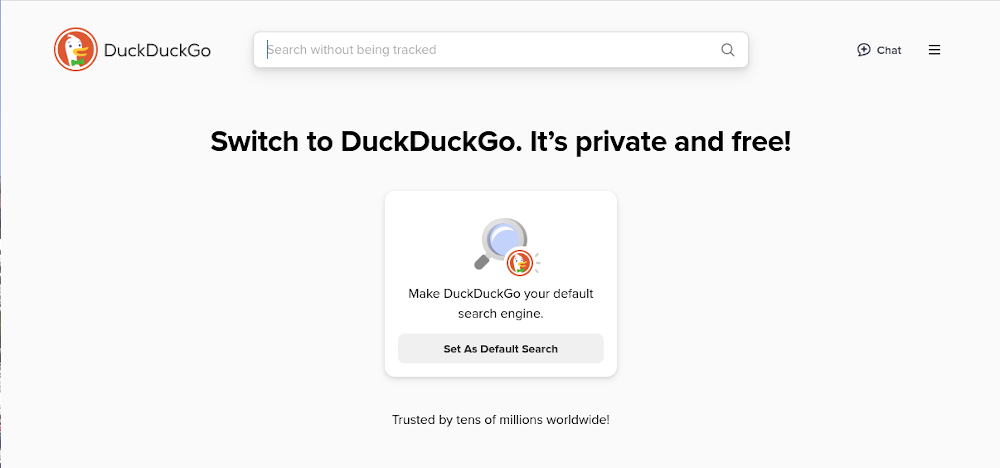
Related
DuckDuckGo Is Also Trying AI Summaries, but in a Less Annoying Way
In the age of AI search engines, use the less awful one.
Because there’s no tracking of you and what you do or don’t like, the search results are untainted by information about you. So, in theory you’ll get the same results as anyone doing that search based on the keywords you’ve provided.
Just like Brave Search, the major drawback here is that Mojeek’s search index may simply not live up to the likes of Google or Bing when it comes to search result quality.
2
SearXNG
SearXNG is not a company or a centralized service, but rather an open-source project and software. It’s a fork of the original SearX project, and the idea is for SearXNG to be a sort of meta search engine that aggregates the results of other engines, but without compromising your privacy.
This makes it a little less user-friendly to use. The upside is that you can actually run your own private instance of SearXNG, or pick a public instance hosted somewhere that meets your needs.
When you submit a query to a SearXNG server, that server will then send your query to various search engines like Google, Bing, DuckDuckGo, etc. Crucially, those external search engines see the request coming from the SearXNG server, not from you personally.
Because this is an open-source, community-driven project, the inner workings are entirely transparent and that’s already a big boon from a privacy standpoint. The big downsides come from a lack of reliability and speed in some cases, and that you need to trust whoever sets up the instance you are using. So if you really want to get the best privacy from SearXNG it’s best to host your own server.

Related
I Skip Open Source Apps When I See This on Their Website
Some icons tell me all I need to know about a project’s reliability.
1
Qwant
Qwant is a French outfit launched in 2013 and from the outset aimed to be a private search engine that complied with European privacy laws. Qwant isn’t totally independent, but it only falls back on Bing when its own indexes don’t have the information requested.
Since its own indexes aren’t quite ready for the full set of duties required, the results may not be as good as you can find elsewhere. Also, it’s not open source, and has sadly been the subject of investigation and had to adjust it’s practices after it became apparent that it wasn’t fully anonymizing data as it should, but this has been rectified as far as I can tell.
Like many of you, I worry that internet search is slowly dying as major players like Google bloat their products with AI misinformation and manipulate search results to show me what it thinks I should see instead of what I asked for. So it’s good to have a handy list of alternative places you can go, even if only to compare results.


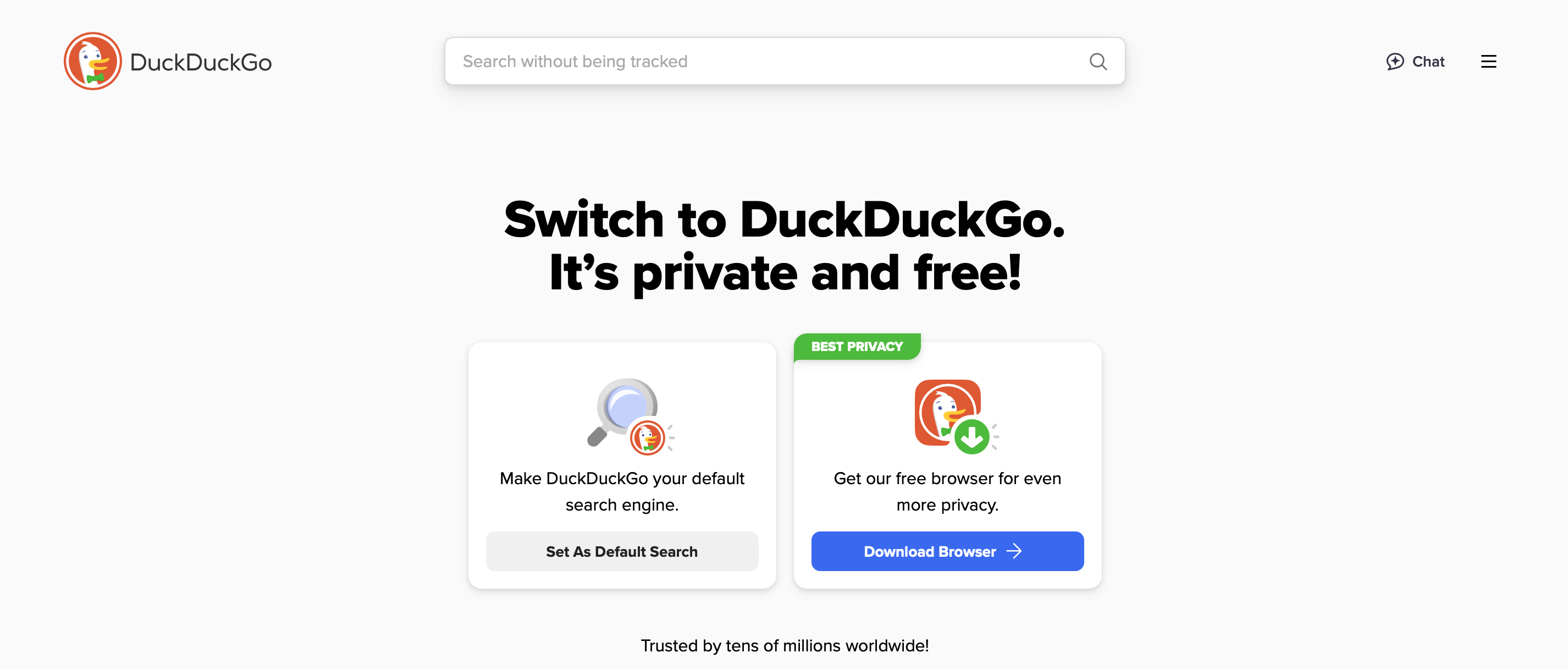
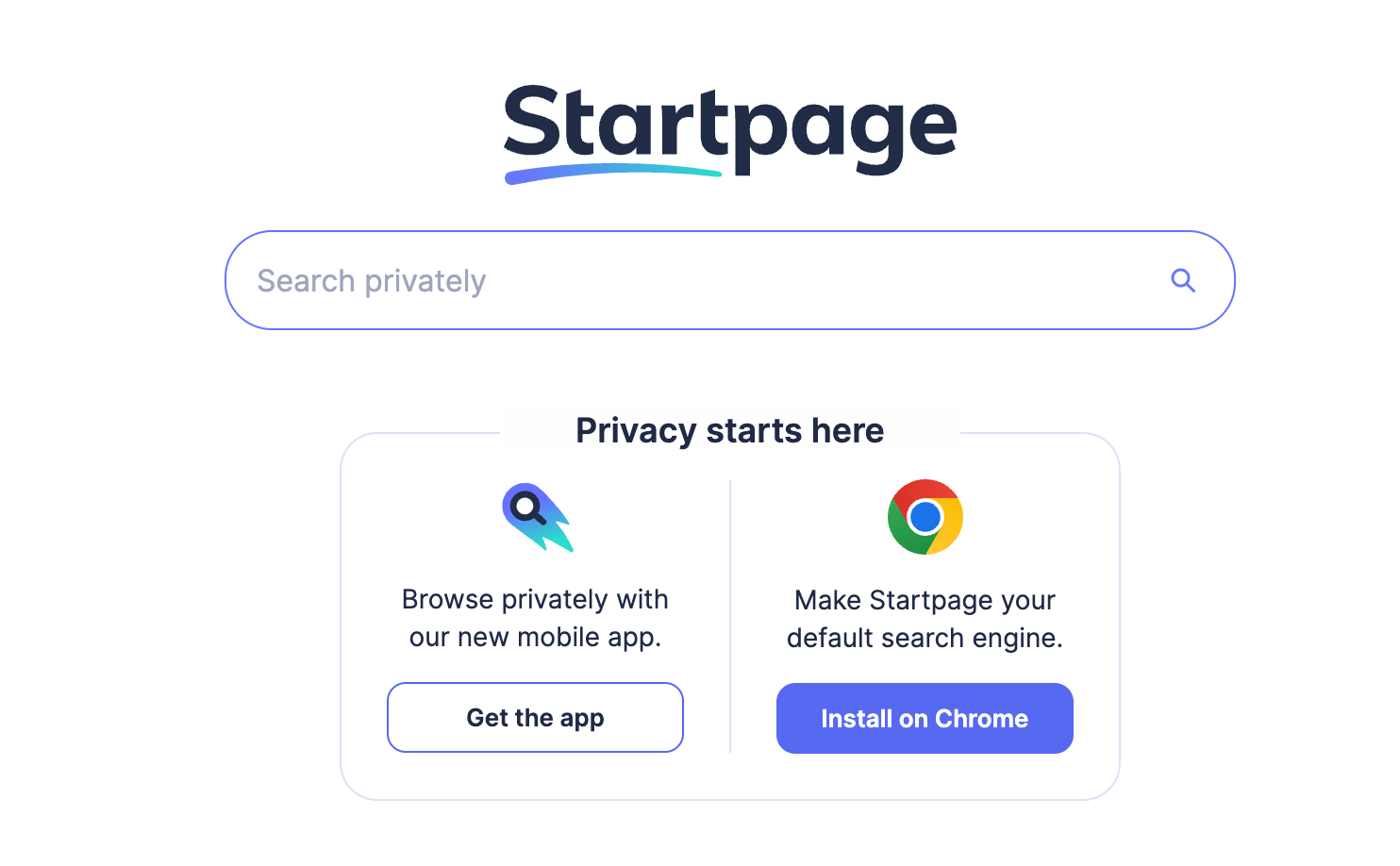
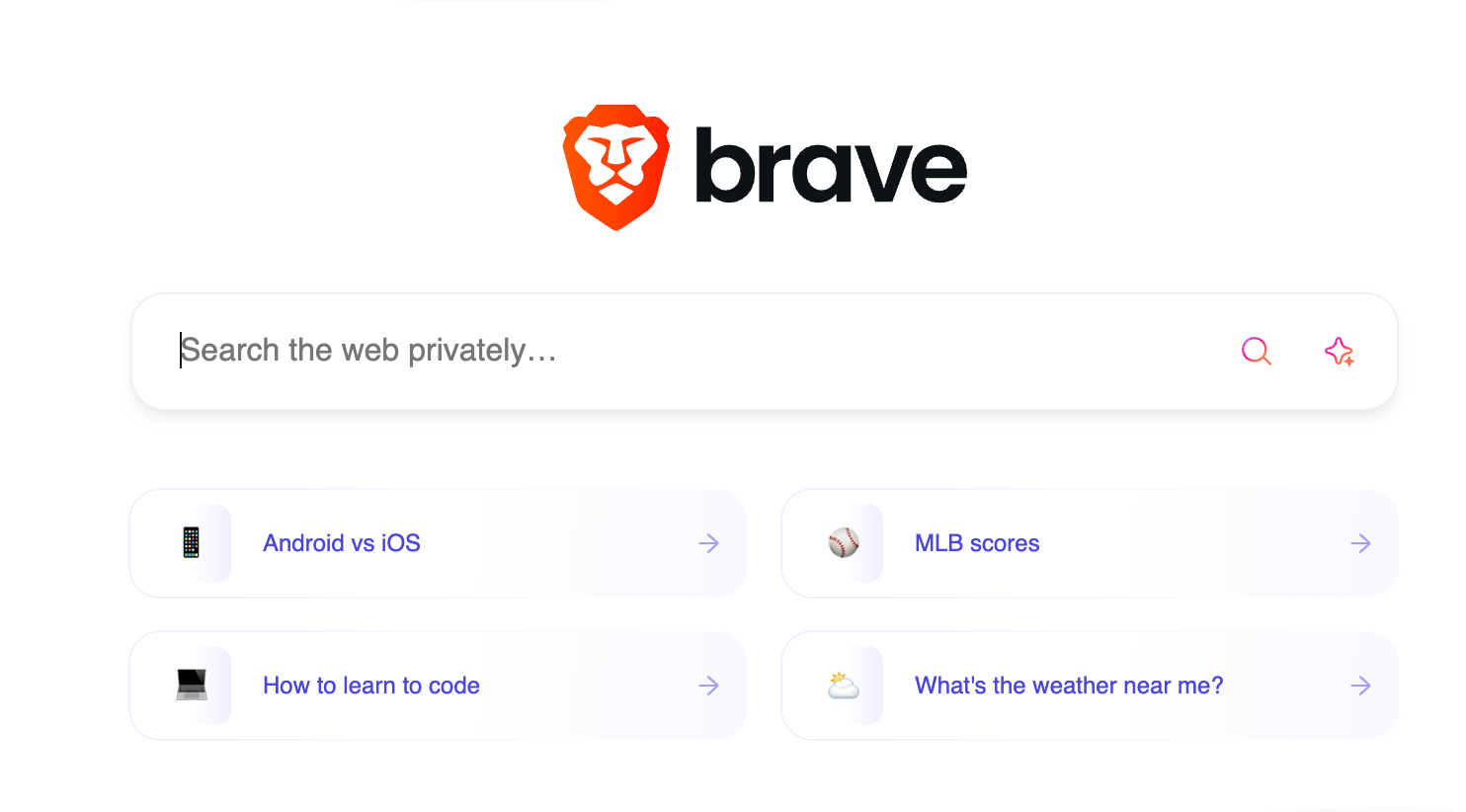
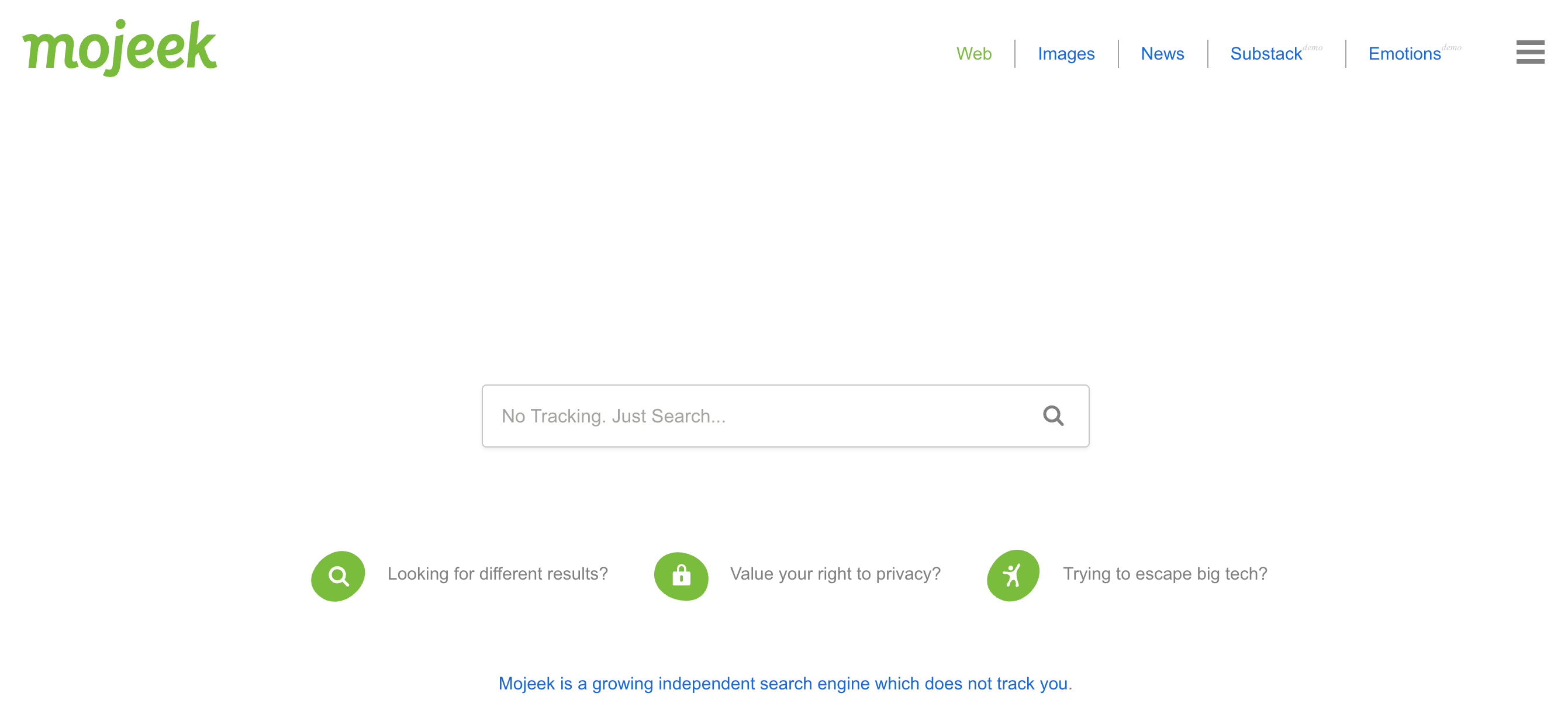
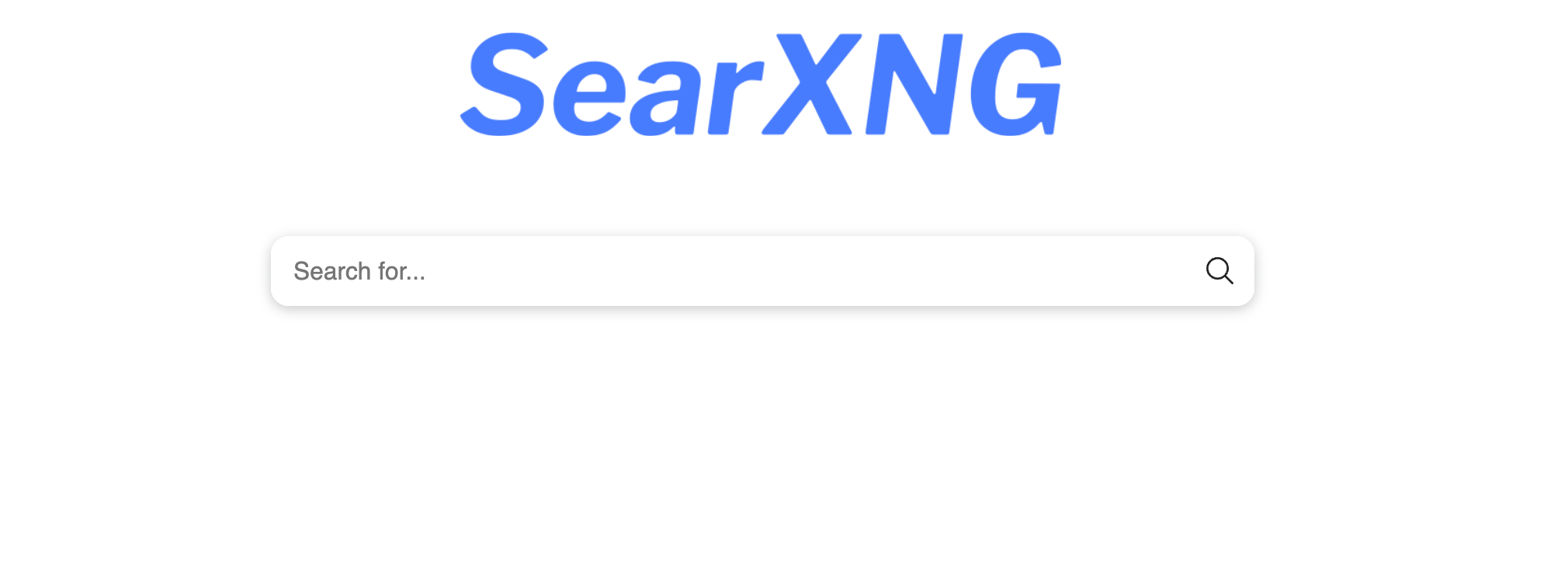






Leave a Comment
Your email address will not be published. Required fields are marked *